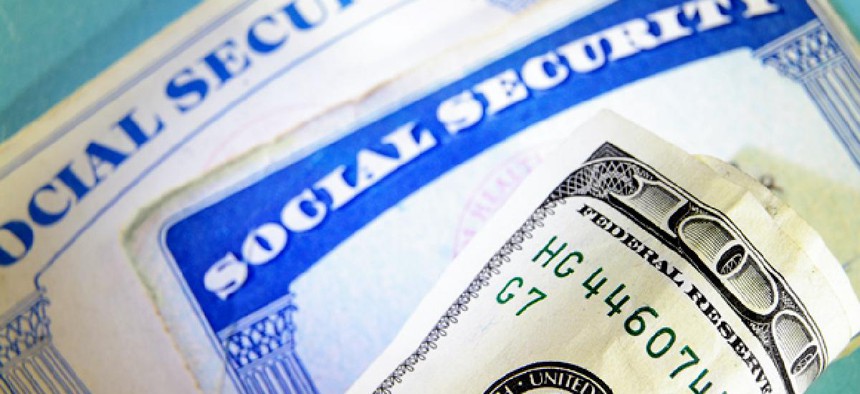
zimmytws/Shutterstock.com
Analysis: Reforming pensions to save them
Key retirement benefits for seniors face some major strains. We can fix this.
Once upon a time, more than a third of elderly Americans were poor. No longer. Helped by pensions and Social Security, the poverty rate among Americans age 65 and over fell to 8.7 percent by 2011. They survived the Great Recession in better shape than younger folks did.
But many younger Americans won't fare as well when they're seniors. For the coming generations of retirees -- baby boomers, Generation X-ers, and millennials -- the value of Social Security benefits keeps eroding due to the gradual increases in retirement ages enacted in 1983. In the private sector, traditional pensions have all but evaporated, and 401(k) retirement accounts haven't come close to replacing their value. Typically, people ages 55 to 64 held no more than $120,000 in household retirement accounts in 2010, according to the Federal Reserve Board--a pittance, compared with what they'll need. Only a seventh of Americans, in a recent Employee Benefit Research Institute survey, report being "very confident" they'll have enough money for a comfortable retirement.
So, why should economists care? Social Security and pension payments, it's true, boost consumer spending. Still, fixing this crisis-to-come is less a matter of economic strength than of social justice--a test of the kind of society we are. The question: Can we avoid a new crisis of elderly poverty?
(Image via zimmytws/Shutterstock.com)
NEXT STORY: Five Telework Tips






